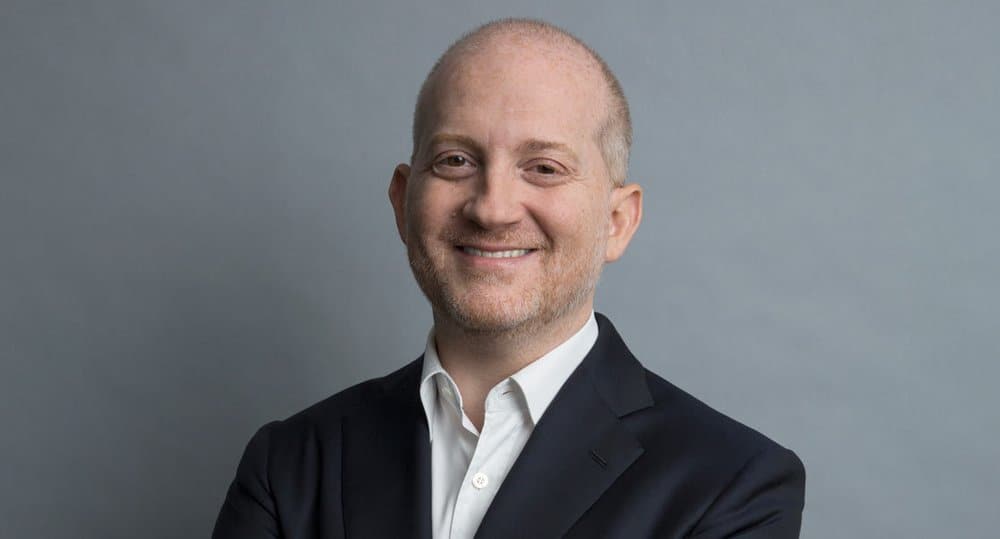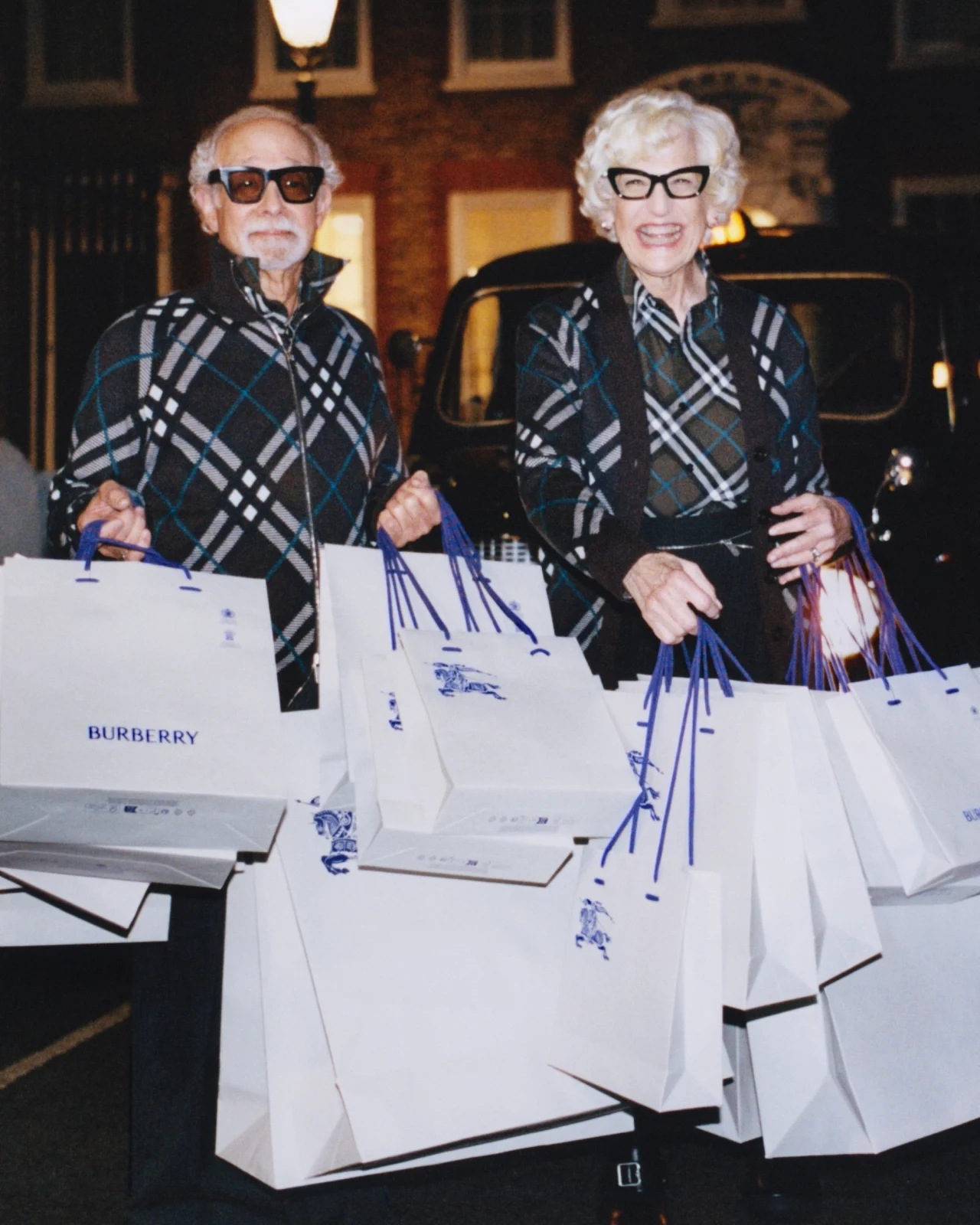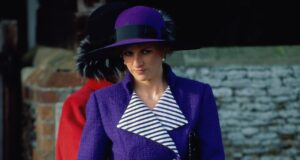Once upon a time there were three “posh” British brands called Aquascutum, Burberry and Daks. Seemingly having been around forever, they were associated with dressing the upper echelons of British society.
Around 50 years ago Aquascutum famously gave Margaret Thatcher, The Iron Lady of Downing Street, a business-like but feminine look with its elegant power suits. Around the same time, Burberry’s print ads were often photographed by Patrick Lichfield, a first cousin once removed of Queen Elizabeth II, and featured the aristocratic chap himself plus posh totty, labradors, Range Rovers and lots of Burberry house check.
Daks, meanwhile, had a close association with Captain Mark Phillips, the cavalry officer who married Princess Anne in 1971, and its ads consistently featured the sort of images that looked like they had been lifted from the pages of Country Life.
Aah, those simple days when everyone – including clothing brands – knew their place in polite society.
Today Aquascutum, in the UK at least, is effectively no more. It has had several Asian owners since 1990. The latest, Shandong Ruyi, the brand’s Chinese owner since 2017, licences its name here and there. Anyone stocking Aquascutum in this country has likely bought it through an Italian supplier.
Daks was acquired by Japanese company Sankyo Seiko in 1991 and it still has an office in the UK, I was surprised to learn recently but appears to keep a very low profile outside Asia.
Which leaves us with Burberry, which was founded in Basingstoke in 1856 by Thomas Burberry. Brilliantly revitalised almost 30 years ago when it was part of the large GUS group, It has been listed as a separate entity on the London Stock Exchange since 2002.
Despite having (at the time of writing) a market capitalisation of £3.28 billion, the clothing and accessory company is widely regarded to be “in trouble” as its value was almost £10bn as recently as February 2023. Ouch.

Joshua Schulman, new CEO at Burberry
Charged with sorting out the Burberry dilemma is American fashion veteran Joshua Schulman, who was appointed CEO in July this year. He is the latest addition to an international list of Burberry bosses, which in the modern era comprises Rose Marie Bravo (American, 1997-2006), Angela Ahrendts (American, 2006-2014), Christopher Bailey (British, 2014- 2017), Marco Gobbetti (Italian, 2017-2021) and Jonathan Akeroyd (British, 2022-2024)
Since 2022 the design supremo at Burberry has been British-born Daniel Lee, who has followed on from Robert Menichetti (American-Italian, 1998-2001), Christopher Bailey (British, 2001-2014) and Riccardo Tischi (Italian, 2018-2022 ).
It remains to be seen if Schulman, best known for running at different times US brands Michael Kors and Coach, will stick with Lee or bring in his own design guru (or perhaps a guru-ette might make a nice and relevant change).
In all the recent chatter about what Burberry ought to do to reposition itself and get back on track to growth – or even just to stability – I have been intrigued by the repeated calls for the brand to stress its “Britishness” in its marketing.
My immediate thought is, what does “Britishness” mean these days? I am genuinely perplexed about how Burberry – on any other brand – can encapsulate that concept. Consider the possible variations of location (urban or rural), ethnicity (all kinds of everything), income (from obscenely wealthy to disgracefully poor), age, gender and general outlook on life and we can see how tricky the British identity matrix is to define.
And are we to consider a British view of Britain or an international observer’s viewpoint. They surely would be significantly different.
The autumn ad campaign from the brand may offer some clues to thinking in Burberry HQ (although I am unsure whether it was conceived under Akeroyd’s tenure or Schulman’s).
Central to the offering is a series of short, quirky films featuring Irish actor Barry Keoghan (32 years old), Chinese actress Zhang Jingyi (25), English model Cara Delevingne (32), English footballer Cole Palmer (22), English footballer Eberechi Eze (26), English-Nigerian rapper Little Simz (30) and English actress Olivia Colman (50). Filmed in London and in the countryside, the mini-movies spotlight each personality wearing a different outerwear style, respectively the Puffer, the Trench, the Aviator, the Duffle, the Harrington, the Parka, and the Quilt. The tag line is #ItsAlwaysBurberryWeather (even though apart from on the Trench spot we see no rain or notably inclement conditions).
It is certainly an intriguing approach, notably because there is very little attention given to the clothes. The implication might be drawn that Burberry is hoping to sell only to young, cool consumers (and no dull older white chaps).
Garments and accessories are more clearly shown, however, in the “Wrapped in Burberry” Christmas campaign. Across three strands we see British actors and real-life friends David Tennant (53) and Alex Hassell (44), US-based American husband & wife doctors Herschell and Lilly Stoller (age unknown, but certainly 60-plus), and UK-based Nigerian-born artist Slawn (24) plus his partner Tallula Christie and their two small children all wearing Burberry-checked items of a bold nature.

American doctors Herschell and Lilly Stoller in the latest Wrapped in Burberry campaign
The reactions I’ve seen to all this presumably-expensive promotional activity have been positive for the most part, but we are still waiting for a clear statement of what Burberry stands for and who it hopes to sell to.
Part of its “Britishness”, one hopes, would include continuing to make a significant number of products in the UK, but I suspect that might be expecting too much for a business that needs to improve its bottom line and has been rightly accused of charging too much for its products.
Currently on burberry.com, a man’s polyester-cotton mac costs £1,990. A polyester-nylon backpack is £1,090. A woman’s wool cardigan is £790. A wool beanie is £220. A men’s silk tie is £170. With prices like that, no wonder Burberry is targeting pop stars and Premier League footballers.
To add to its problems, the brand is also being accused of “Britwashing”, that is stating and/or implying it manufactures much in the UK while actively, it is alleged, reducing the amount made on these shores. Not a smart move, methinks.
Schulman is going to earn his no-doubt impressive salary sorting this lot out. I wish him and the team at Burberry the best of British luck.








